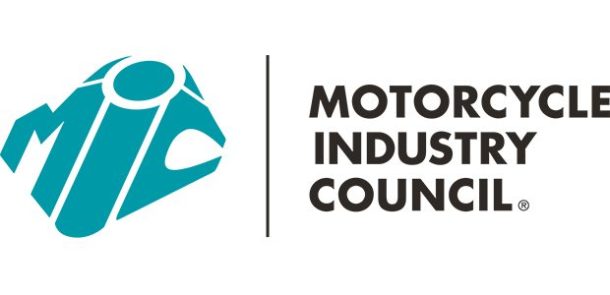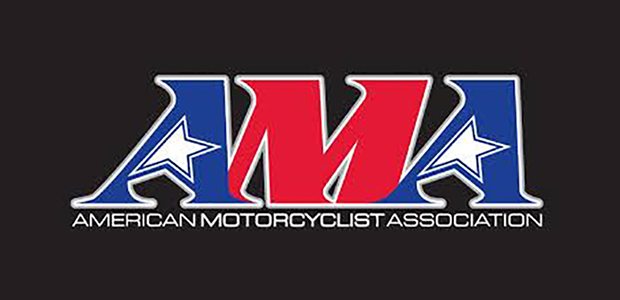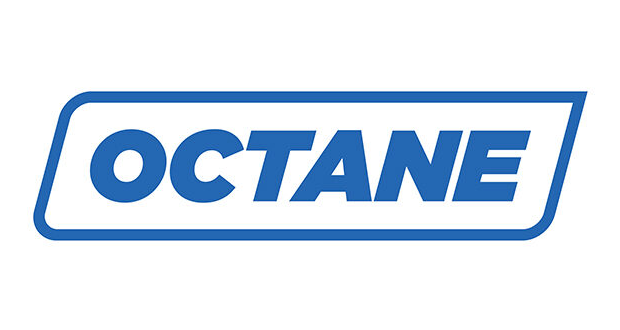SNOWMOBILE – Snow Digest
New York lawmakers passed legislation in June that affects snowmobilers on public trails in four ways. First, the snowmobile speed limit is set at 55 mph for most trails statewide. Prior to this law, New York had no speed limit on snowmobile trails. Second, there is a new “trail development fee” of $45 for snowmobile-club members and $100 for non-members, payable on registration. The fine for operating an unregistered snowmobile has jumped from $100 to $200. The bill also bans riders younger than 14 from riding without an adult and without a snowmobile safety certificate. An estimated 85% of the 10,000 miles of trails statewide are public and will be impacted by the new laws.
In related news, New York snowmobile groups are scheduled to receive $1.6 million in grants for 23 trail-related projects across the state.
The grants are administered by the New York Office of Parks, Recreation and Historic Preservation as part of the federal Recreational Trails Program (RTP).
A part of the Federal Highway Administration’s Transportation Equity Act for the 21st Century, the RTP gives money to state and local governments and not-for-profit organizations, corporations and partnerships for the maintenance, renovation, development, acquisition and construction of trails and trail-related facilities.
“These grants will help to protect and enhance thousands of miles of trails and important wildlife habitat, link park lands, and open spaces and create new recreational opportunities in the Hudson Valley and across the state for the benefit of future generations,” Gov. George E. Pataki said in a prepared statement announcing the grant funds.
Polaris Hires Meirovitz For Snowmobile, Victory
Polaris Industries Inc., Medina, Minn., has hired Tony Meirovitz as external relations specialist for the snowmobile and Victory motorcycle divisions. In his new position, Meirovitz will work with internal marketing teams, public and media relations, industry and government relation and strategic planning. Meirovitz was previously employed as marketing director for global direct response marketer Thane International in La Quinta, Calif. Meirovitz is a snowmobile and motorcycle enthusiast. He has a B.A. in marketing and speech communication from the University of Minnesota.
Woody’s Chooses New York as Event Host
International Engineering & Manufacturing (IEM), Hope, Mich., has chosen the Seneca Falls Supertrack in Seneca Falls, N.Y., as the next host facility for its annual Woody’s Challenge grass drag race. The event will take place on October 15. This is the first year the company has taken bids for a host site, and it received more than 10 proposals. “We have numerous criteria to consider when deciding where to hold the Woody’s Challenge. Among them are timing of the event and regional marketing plans,” said Robert Musselman, president of IEM. IEM will work closely with the track managers and the Powersled Racing Organization sanctioning body.
Maine Tightens Hit-And-Run Law
Beginning this fall, a new law in Maine will make it a felony not to report snowmobile accidents that cause injury or death. It will also be illegal to leave the scene of that accident. The lay will cover ATV and boating accidents, as well. The law was prompted after a fatal snowmobile hit-and-run in December 2002. the law will carry a penalty of up to five years in prison.
Camoplast To Sponsor New Watercross Group
Sherbrooke, Quebec-based Camoplast Inc., maker of snowmobile tracks, will be the title sponsor of a new snowmobile watercross series in the Eastern U.S. and Canada. The series will be known as the Camoplast Eastern Watercross Series. The races, which will starts in late July and run events in New York, Canada and New Hampshire, is organized by former watercross racers Herb Yancey and Scott Mosher. The series will be a part of events that include grass drags and powersports shows. “Were looking for new blood,” Mosher said, referring to a lack of new drivers coming into the sport.” “I am excited about what Herb and I had put together,” Mosher said. “We looked at everything and are willing to adjust to any situations as they come up.”
New Hampshire Begins Snow Grants
The State of New Hampshire says an advisory committee of the state Trails Bureau approved about $1 million for snowmobile-related construction projects and almost $1.2 million for equipment purchases.
So far, 75 snowmobile clubs have planned construction work in New Hampshire, and 35 want to buy equipment they will need to groom the trails next winter.
The grants must now be approved by the Governor and Executive Council.
The grant program depends on the registration fees and gasoline tax revenue that is allocated based on the number of vehicles registered.
Entering the data from the paper forms was 11 months behind at one point, but, as of mid-July, all registration sold from June 2004 through February 2005 were in the system. According to the state, that was 84,231 registrations accounting for $4,513,173.
Paper registration forms are submitted monthly by more than 200 off-highway recreational vehicle registration agencies – stores and other private businesses throughout the state where vehicle owners get their annual registration stickers and pay fees that vary from $45 for a resident’s trail bike to $93 for the snowmobile of a non-resident who is not a club member.
New Hampshire, Maine Agree on Trails
In other news related to snowmobiling in New Hampshire, sledders now can ride on New Hampshire Trail 18 and Maine ITS Trail 80 regardless of which of the two states their sleds are registered in.
A bill signed by Maine Gov. John Baldacci designates parts of both trails as Maine-New Hampshire Cooperative Trails, a move that will have both states will pay for maintenance and grooming.
New Hampshire Gov. John Lynch agreed with the move, saying snowmobiling is an important part of the culture and economies of both states.
Previously, Maine and New Hampshire both required nonresidents to register their machines if they wanted to use the other state’s trails. Both states had full reciprocity for several years. But Maine ended the agreement early this year, saying too many New Hampshire riders were using its trails without contributing to the cost of maintaining them.








